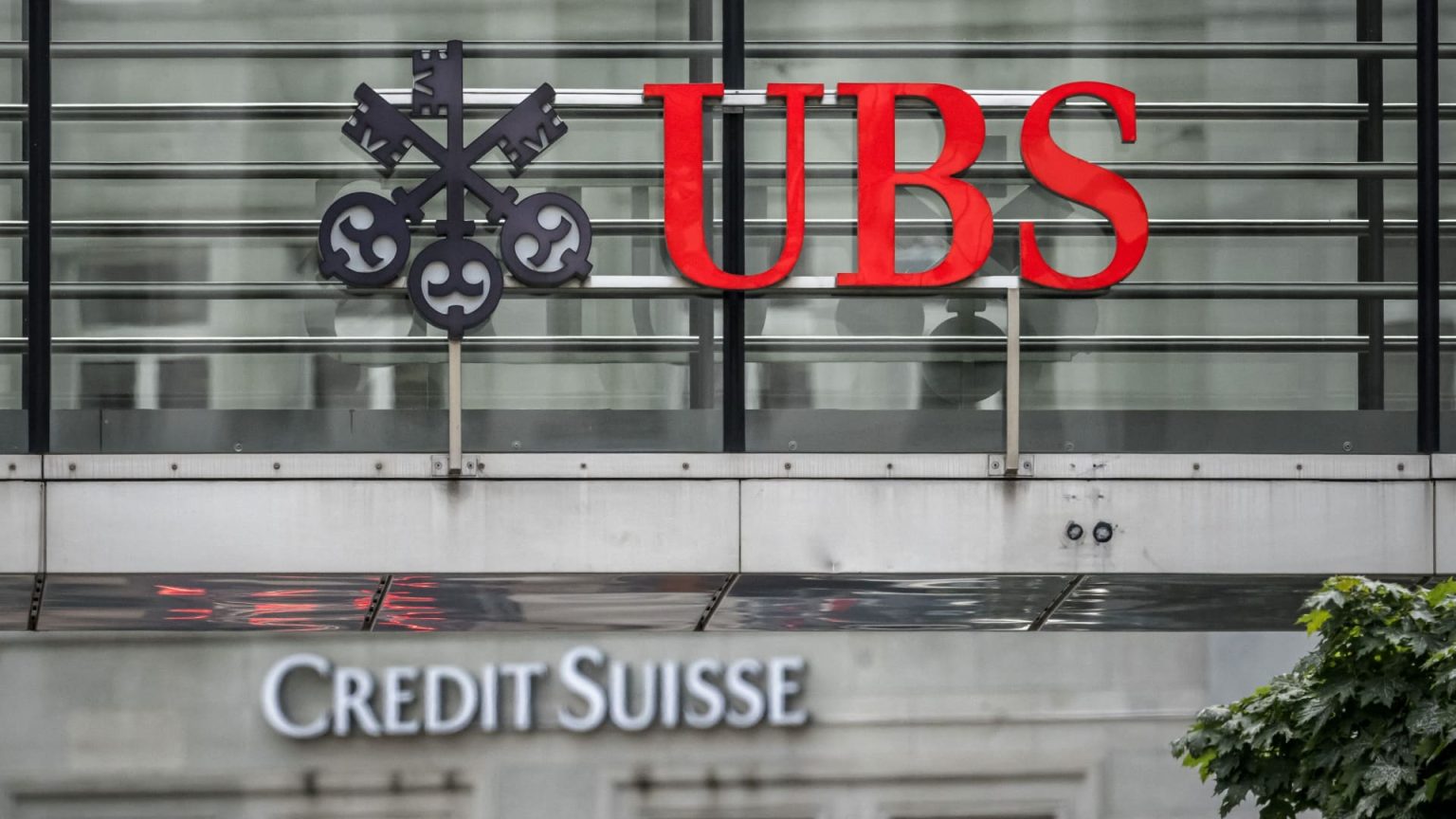UBS on Wednesday began selling Additional Tier 1 (AT1) bonds — which were at the heart of controversy during its emergency rescue of Credit Suisse — for the first time since completing the takeover.
The Swiss banking giant is marketing two tranches of U.S. dollar AT1 bonds, a non-call five-year offering around a 10% yield and a non-call 10-year offering around 10.125%, according to LSEG news service IFR. Non-call bonds are bonds that only pay out at maturity.
UBS confirmed to CNBC that it is offering additional tier 1 securities, but did not comment on the details of the contracts and said it will provide additional information when the offering is complete.
The wipeout of $17 billion of Credit Suisse AT1 bonds, as part of the rescue deal brokered by Swiss authorities in March, caused uproar among bondholders and continues to saddle the Swiss government and regulator with legal challenges.
AT1 bonds are considered a relatively risky form of junior debt and are often owned by institutional investors. They were introduced in the aftermath of the 2008 financial crisis as regulators looked to divert risk away from taxpayers and boost the capital held by financial institutions to protect against future crises.
Fitch on Wednesday assigned the new AT1 notes a “BBB” rating, four notches below UBS Group’s overall viability rating of “A,” with two notches for “loss severity given the notes’ deep subordination” and two for “incremental non-performance risk.”
“UBS’s new AT1 notes will contain a permanent write-down mechanism at issue. However, subject to approval by UBS Group AG’s 2024 AGM, the permanent write-down mechanism will be replaced by an equity conversion mechanism from the date of the AGM, which will bring the terms in line with other European markets,” the ratings agency said.
“The conversion feature would mean that, if approved by the AGM, the notes would be converted into a pre-defined volume of share capital of UBS Group AG if the latter’s common equity Tier 1 (CET1) ratio falls below a 7% trigger, or if a viability event is declared by FINMA [Swiss Financial Market Supervisory Authority].”
Read the full article here





